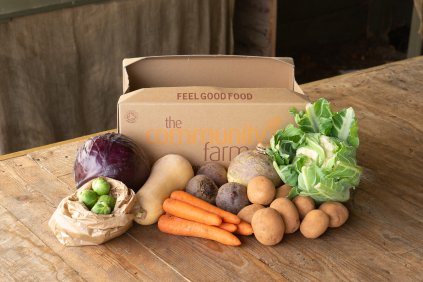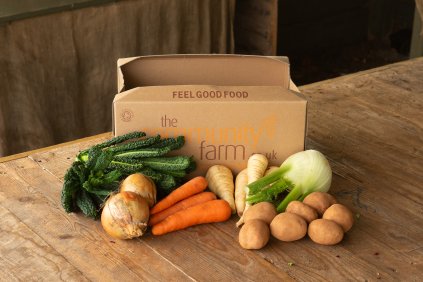There are many good reasons to keep food fresh: making sure it’s healthy, safe and tasty to eat, reducing waste and saving money and resources. That is why almost every kitchen in the UK has a fridge. However one size does not fit all when it comes to keeping your vegetables in tip top condition. Many fruits and vegetables deteriorate faster in the fridge as they cannot withstand the cold.
Storing your fruits and vegetables correctly means they’ll stay fresher for longer, and may even lead you to switch to a smaller fridge! Small fridges use less energy due to their size and better insulation, and will save you space in your kitchen too.Storing food at home
Fruits
Fruits tend to struggle at cold temperatures and often lose their flavour. The best place for your fruit is on the counter-top away from any direct sunlight.
Be sure to keep your bananas away from your other fruits as they release a gas called ethylene, which makes your other fruits ripen faster.In the dark
Some vegetables need to stay in the dark. The most famous example is the potato which will sprout and turn green when left in the light too long. Onions, garlics, shallots and even watermelon should all be kept in the dark too.
Roots
Root vegetables can happily last the whole winter in your garden and you can replicate that environment in your kitchen, to keep them fresh. Try “planting” your roots vertically in a box of wet sand.
This method of storing root vegetables takes a little time and preparation but when executed properly is well worth the effort.La Denise
La Denise is a Canadian Kickstarter funded project developing products that allow fruits and vegetables to be stored in an electricity-free environment.Harvesting and storing on the farm
The best way to keep vegetables fresh is to leave them in the ground until they are needed. We try to pick our crops as they are needed to maximise freshness. The growing operation is situated about 200m up the lane from our warehouse, allowing us to get crops from the field to the fridge in a very short amount of time.
There are some plants which need special care. The squash and pumpkins for example cannot be left on the vine as they will rot.
Every October on the farm we cut all our squash from the vine and “cure” them in the sunshine. This hardens the skin so that the squash will keep well through the winter. We then need a big group of volunteers to help us harvest all our squash and take them to be stored on racks in the barn.
Preserves
Hembridge Organics help us to minimise food waste by turning any surplus or damaged fruits and vegetables into preserves.Jams, pickles and chutneys are an excellent way of preserving excess fruit and vegetables when you have had a glut. You can also turn edible but otherwise unpalatable vegetables into something delicious, such as green tomato chutney.
At one of our children's cookery days this year, with the help of Jo Ingleby, we used our green tomatoes to teach a group of children to make chutney from scratch.
This article is part of our Do 15 series.













